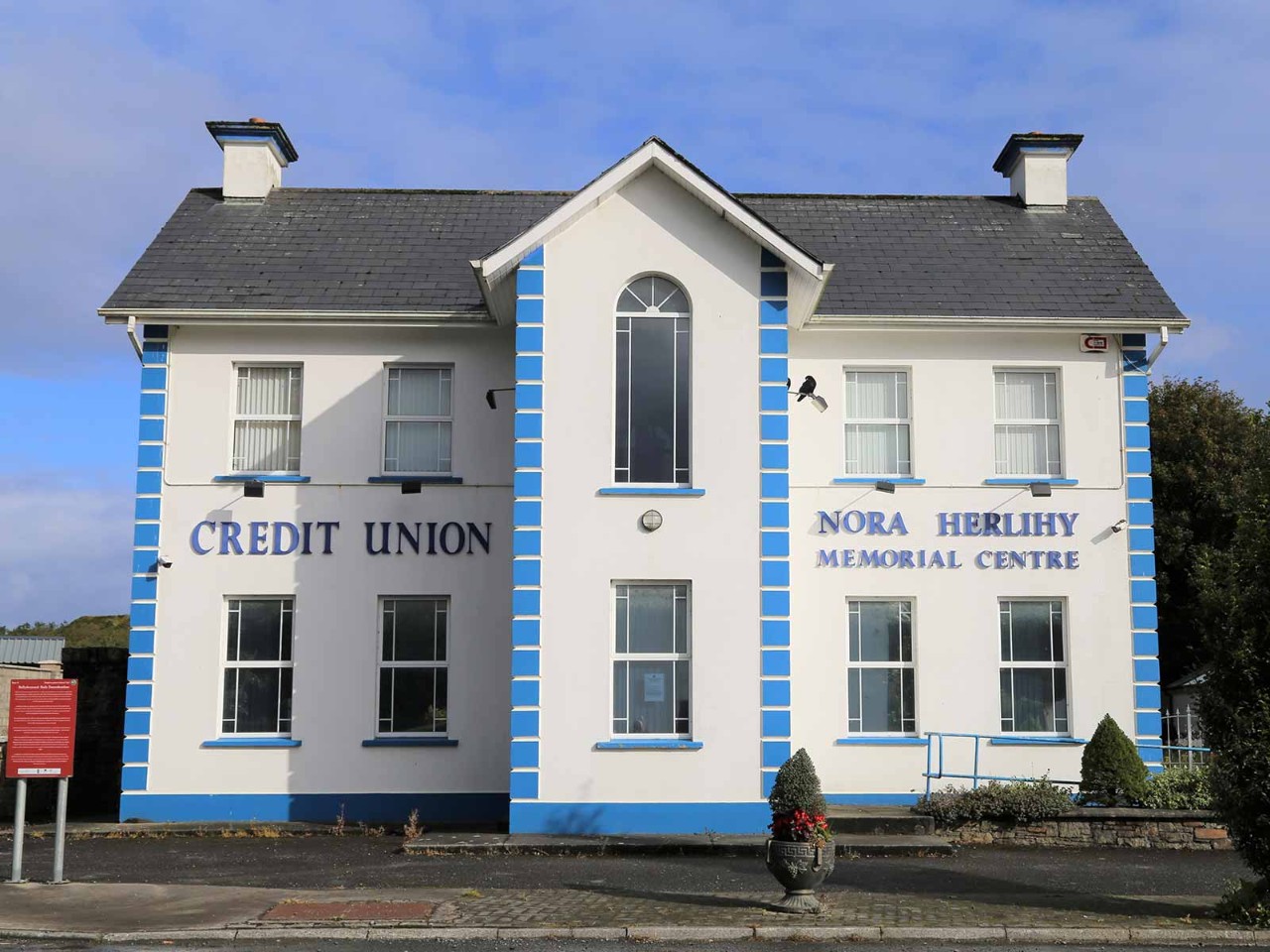
As accounting practices seek to grow, so the question of whether to broaden the service offering will inevitably arise. Mediation may not seem an obvious choice for a new line of business, even if money has long been recognised as the basis of many disputes. The perception that mediation is a last stopgap before an issue is settled in the courts makes it seem more the preserve of the legal profession.
However, the experience in the UK and elsewhere points to a growing body of accountancy firms making a distinct and successful offering in this area, in particular those with expertise in forensic accounting.
‘Accountants' unique combination of finance skills, business insight and ethical code makes them superbly equipped'
As AB columnist Alnoor Amlani FCCA points out, ‘accountants’ unique combination of finance skills, business insight and ethical code makes them superbly equipped for the mediator role’.
He also argues that the accounting mindset brings particular advantages in this area over others. ‘Mediation is not a legal process,’ he points out, adding: ‘Accountants often make better mediators than lawyers because they can work the numbers, saving everyone’s time and money in the process’.
Forensic insights
A 2016 Deloitte report examined the role of forensic accountants in mediation cases involving complex commercial disputes. In litigation, forensic accountants are often engaged to act as expert witnesses to provide an independent assessment of the damages being claimed, or advise on business valuations. In addition, they can provide insights into the application of technical accounting standards, along with experience in a particular industry or sector.
Often in a mediation, the period of loss is an area of dispute, and a forensic accountant will be able to provide calculations of the losses arising for different scenarios, depending on timescale, volume of sales or other influencing factors.
An effective tool
Practitioners’ role in mediation got a boost in Ireland with the Mediation Act 2017, which requires that, before commencing legal proceedings on behalf of a client, a solicitor must advise them on the availability of mediation as a way to settle their dispute, making it effectively a first resort rather than a last one.
The act also provides for a code of practice for mediators, including a CPD requirement. The Mediators' Institute of Ireland (MII) is the professional association for the service and provides a range of training and development programmes.
Forensic accountants are often engaged to act as expert witnesses
Sabine Walsh, past president of the MII, describes mediation as a ‘fast, cost-effective’ and ‘incredibly effective tool in resolving even the most bitter disputes’. According to the Irish Commercial Mediation Association, approximately 70% of commercial cases referred to mediation in Ireland are concluded successfully. In the US and UK, where the process is more established, it estimates the figure to be as high as to 85%.
Opportunities for accountants
Austin Kenny is among a small number of professional mediators in Ireland whose background is primarily in accounting. Specialising in insolvency, forensic accounting and corporate finance, he originally signed up for a course with the Centre for Effective Dispute Resolution in 2003, describing the move as ‘one of the most important pieces of training I ever did'.
'Everyone has their own version of events and two people will see the same set of facts completely differently'
In 2010, he saw many of his clients struggling as a result of the economic crash. ‘I began working with them to resolve those issues, in many cases as an intermediary between the client and the bank. This expanded over time into a specific mediation practice.’
Kenny says his motivation was about more than simply a capacity to analyse financial data. ‘In doing forensic work, I was exposed to the legal system and saw its effect on the people caught up in it. Trying to keep people out of the system of law as much as possible was a real motivation for me, as I believe it is for many who work in mediation.’
Not about agreement
As to what fundamentally differentiates mediation from its alternatives, Kenny says that ‘in other forms of dispute resolution, a judge or arbitrator will ultimately decide who is right or wrong. The people I work with sometimes look to me for that decision.'
While Kenny notes that understanding the case is important, 'I don’t tell them what to do or decide who is right. People also sometimes feel that in mediation they have to get the other party to agree with them to make progress, but that goes nowhere. What I tell them is that we don’t have to agree to reach a settlement.’
Ultimately, Kenny says, mediation is not about uncovering the truth. ‘Everyone has their own version of events and two people will see the same set of facts completely differently,' he says. 'People move on, not because we got them to agree but because the alternative will be so much worse.’
'If you are good with people and have the capacity to work with money and numbers, you can be a good mediator'
Professional development
Kenny is clear on the potential role for mediation in terms of professional development for practitioners. Aside from the opportunity to build fee income, he points to the value of ‘having that calmness and presence to work in spaces with people in conflict and keep a logical frame of mind’.
In the more than 300 disputes he has been involved in, Kenny says that he cannot remember any that settled on a matter of law. 'It’s about people and money,' he says. 'If you are good with people and have the capacity to work with money and numbers, you can be a good mediator.’
The mediation process
According to the Irish Commercial Mediation Association, mediation typically involves five phases:
- Preparation – selection of mediator and agreeing terms of the mediation (including time and venue, fees, documentation, attendees and role of mediator)
- Opening – meeting of parties, outlining the procedure and short opening statement by parties, with mediator deciding if an opening joint meeting is appropriate
- Exploration – private meetings between each party and mediator, exploring each side’s objectives and building trust
- Negotiation – direct and indirect negotiations with mediator presenting, reframing and helping settlement possibilities
- Concluding – lawyers representing both sides draw up the agreement recording the settlement; mediator ensures the agreement is viable and sustainable, minimising the possibility of future dispute; once agreed, it becomes legally binding.




